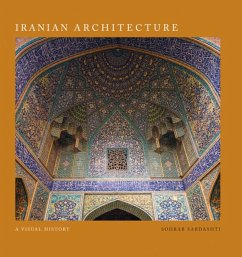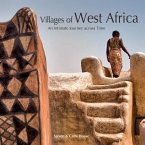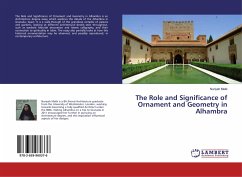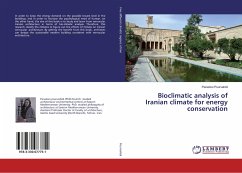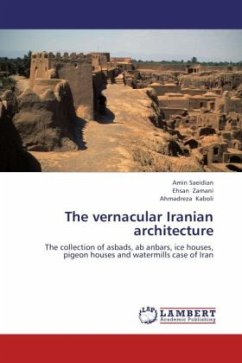"An ode to the architectural wonders of Iran." - AD Middle East
"A book that you enjoy picking up because there are always new and exciting things to discover in the photos. A very special kind of eye journey and absolutely worth reading!" - Lovely Books
Iran, the former Persia, lies at an interface between West-East and North-South. Several early trade routes crossed the country, connecting Asia, Africa and Europe, and the cultural wealth and scenic beauty of this region has attracted travellers for over 2,000 years. This rich past makes Iran one of the most culturally interesting countries of Asia.
The art of building has a special significance here. In contrast to other fields of knowledge, visual communication is particularly important in architecture. Much cannot be fully described; it must be made visible.
In his book, Sohrab Sardashti immerses us in the dreamlike world of Iranian architecture. At the beginning of the book, the history of Iranian architecture is briefly described. Then an impressive variety of buildings is presented, divided according to their different functions. Mosques, tombs, madrassas, hammams, castles, palaces and more are all covered. The text at the beginning of each chapter briefly explains the nature and history of that type of building, followed by a series of examples with a short text on each, and an abundance of photos taken especially for this book.
The book allows one to experience the great diversity and fascination of Iranian architecture and is a visual treat for the reader.
"A book that you enjoy picking up because there are always new and exciting things to discover in the photos. A very special kind of eye journey and absolutely worth reading!" - Lovely Books
Iran, the former Persia, lies at an interface between West-East and North-South. Several early trade routes crossed the country, connecting Asia, Africa and Europe, and the cultural wealth and scenic beauty of this region has attracted travellers for over 2,000 years. This rich past makes Iran one of the most culturally interesting countries of Asia.
The art of building has a special significance here. In contrast to other fields of knowledge, visual communication is particularly important in architecture. Much cannot be fully described; it must be made visible.
In his book, Sohrab Sardashti immerses us in the dreamlike world of Iranian architecture. At the beginning of the book, the history of Iranian architecture is briefly described. Then an impressive variety of buildings is presented, divided according to their different functions. Mosques, tombs, madrassas, hammams, castles, palaces and more are all covered. The text at the beginning of each chapter briefly explains the nature and history of that type of building, followed by a series of examples with a short text on each, and an abundance of photos taken especially for this book.
The book allows one to experience the great diversity and fascination of Iranian architecture and is a visual treat for the reader.

